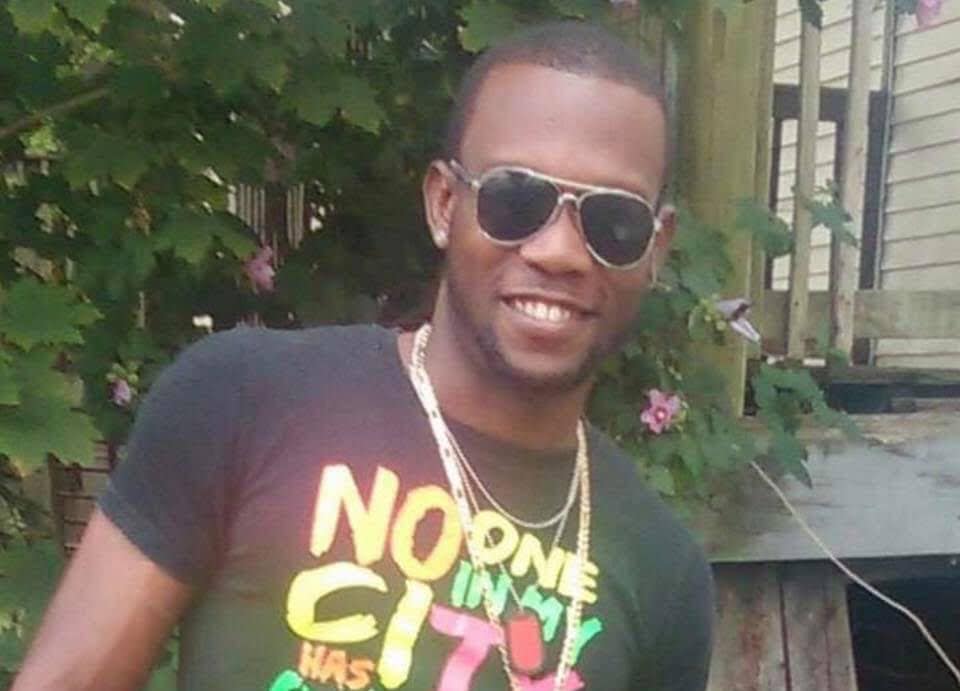
Berkeley, California could become the first city in the country to remove police from traffic duties. According to the East Bay Times, the Northern California municipality is hoping to shift those responsibilities to the city’s transportation department in a move they say is socially and fiscally smart.
The Washington Post adds that the proposal is intended to curb racial profiling, particularly for Black people, and reduce law enforcement encounters that have the possibility of turning deadly. Berkeley’s City Council is expected to examine the proposed change, brought forth in light of the Black Lives Matter movement, at a meeting on Tuesday.
Councilmember Rigel Robinson told the EBT that he was recommending the shift in policing because the current model is not working for the city. In a statement that highlighted the deaths of Philando Castile, Sandra Bland, and Maurice Gordon, Robinson wrote, “Far too often, routine traffic stops turn deadly.” He added, “A serious discussion of the role of modern policing, and the harm it has disproportionately inflicted on Black communities, is incomplete without a focus on traffic enforcement.”

In recent years, a number of cities have looked at the rate in which African Americans are stopped by law enforcement. Washington, D.C., one of the more egregious cities surveyed, showed that Black people make up less than half of the district’s population but account for roughly 70 percent of the people stopped by police.
For Berkeley, the number is equally concerning. A 2018 report by the Center for Policing Equity found that from 2012-2016, police stopped Black drivers 36 percent of the time, though they only make up 8 percent of the population.
Those in favor of the proposal note that a change would not immediately dismantle a system that identifies Black and Brown individuals as suspicious without cause, but champion it as a step in the right direction. Both the city council and Berkeley Mayor Jesse Arreguin want the community to view it as an opportunity to re-imagine the way we currently see policing.




